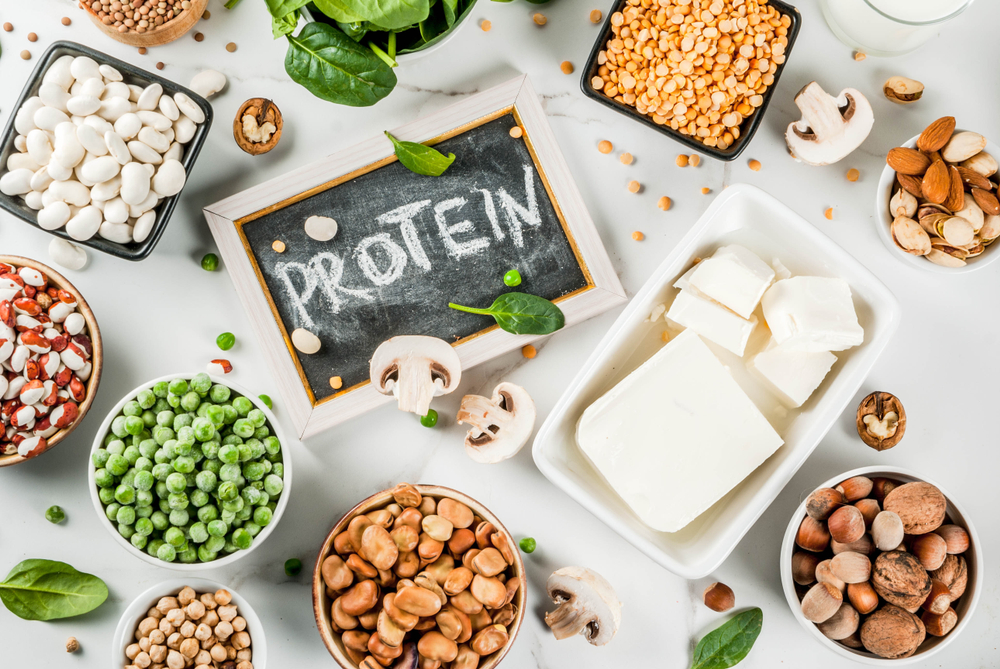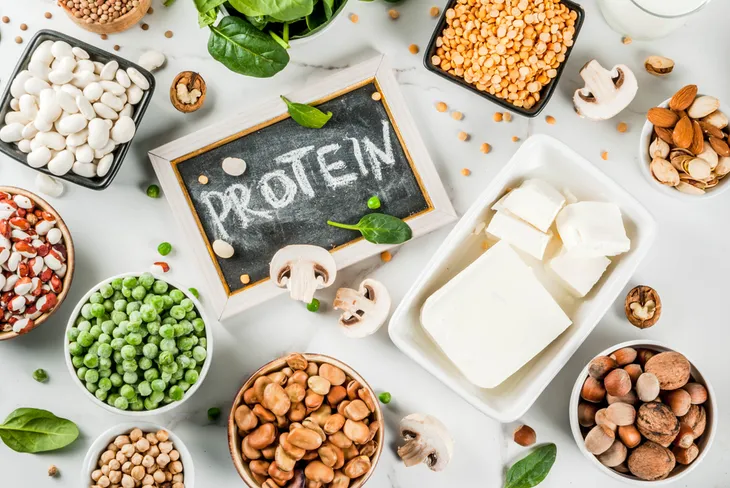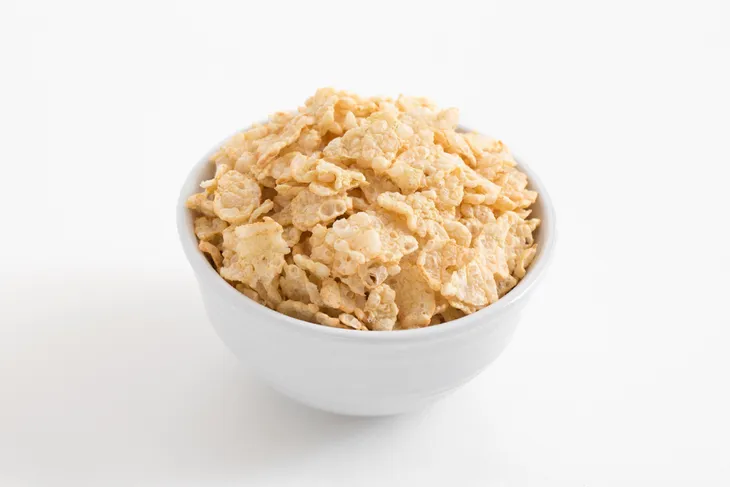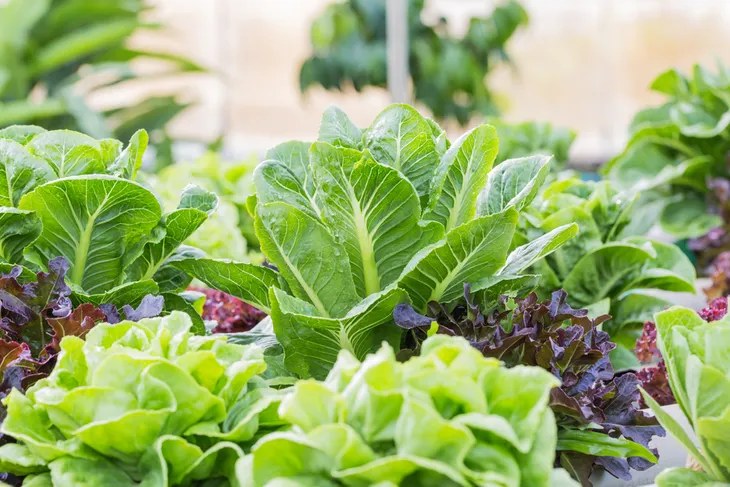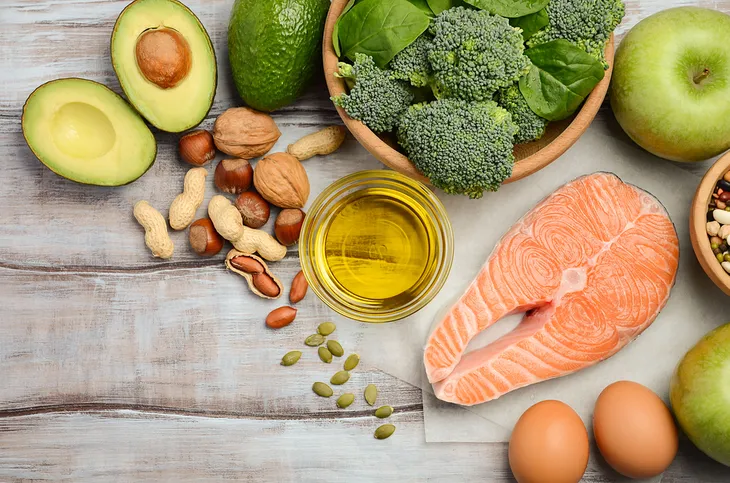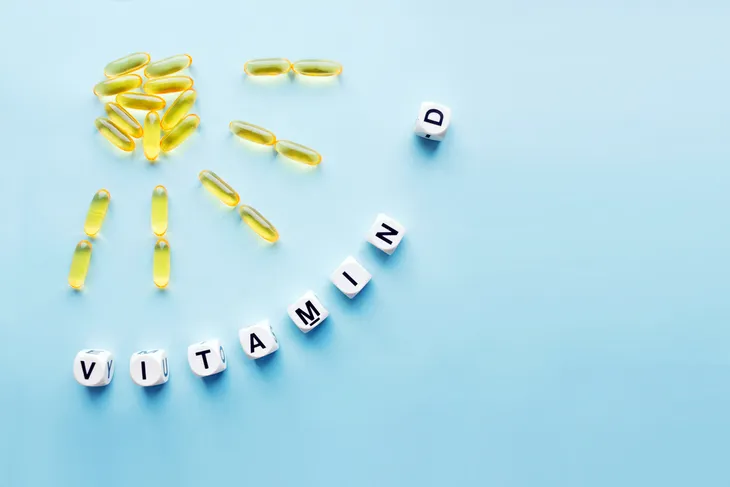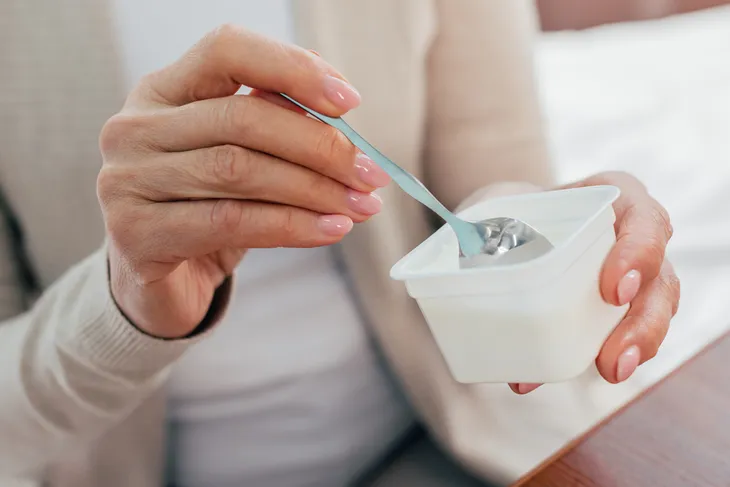As with any meal, if you are or are going vegetarian, you should pay attention to what you’re eating. What makes planning so essential for a vegetarian diet is that the meats you no longer consume are often high in nutrients that are harder to get from plants.
There are six nutrients that vegetarians should plan to get more of in their diets…
Protein
Protein is not only needed for building muscles, but also maintaining and repairing the cells and tissues of your body. Unfortunately for vegetarians, the foods that offer the richest sources of protein are often meats. Vegetarians have to be extra careful to include protein-rich foods in their meals to ensure they are getting enough to build and maintain their cells. Some vegetarian options that are rich in protein include tofu and eggs. Other options, like legumes and nuts, also contain a decent amount of protein.
Whole grains also contain some protein, but they do not contain enough to be a sole-source of protein. For example, 150-grams of rice contains approximately 5-grams of protein, while one hard-boiled egg contains about 6-grams. The amount of protein someone requires is based on weight, age, and if they have any existing conditions.
Zinc
For the geologists out there, you might think of a silver rock when you think zinc. In the context of food, however, zinc is an important mineral for the human body. This mineral helps your body heal wounds, develop during adolescence and pregnancy, and is needed to help you taste and smell properly. This mineral is harder for vegetarians to obtain proper amounts of for 2 reasons: one, meats are high in zinc; and two, foods that vegetarians do consume, legumes and whole grains, contain inhibitors of zinc, called phytates, which means they make it difficult for the body to absorb zinc.
For pescetarians, people who eat fish and seafood and no other animal, you can get a good deal of zinc from oysters and crab. For example, 3-ounces of oysters contain 74-milligrams and crab contains 6.5-milligrams. The average adult requires about 15-milligrams of zinc per day and you shouldn’t consume more than 40-milligrams per day. If you don’t consume seafood, you can still get zinc from fortified cereals, baked beans, and yogurt.
Iron
You may have heard that when you don’t get enough iron, you feel tired or light-headed. The reason you might feel this way when iron deficient is because iron helps the part of your blood that carries oxygen to your brain. Vegetarians run a greater risk of being iron deficient because the iron they receive from plants is harder for the body to take in.
Vegetarians should aim to eat double the amount of iron that meat-eaters eat to make sure that their bodies are absorbing enough iron. The amount of iron you require is based on age and sex. Male adults require 8-milligrams of iron, while female adults require 18-milligrams. Iron-rich foods that are vegetarian friendly include quinoa, beans, and dark green vegetables.
Omega-3 Fatty Acids
If you’re a pescetarian, then you might not be at risk for being deficient in omega-3 fatty acids. This nutrient is found in seafood, like salmon and tuna, so it might be harder for you to get if you don’t eat these meats. Omega-3 fatty acids are touted for being good for your heart. The University of Maryland Medical Centre reports that people, such as those of Inuit and Mediterranean descent, who have a diet heavy in seafood tend to have higher amounts of HDL cholesterol, a type of cholesterol that helps keep your heart healthy.
For people who don’t eat fish and seafood, you can get omega-3 fatty acids from other food sources. Other food sources include flaxseed, tofu, and canola oil. There are also some foods that companies have added omega-3 fatty acids to, such as eggs, yogurt, and bread, to make it easier for you to consume them. If you look at the label of a product and it has omega-3, ALA, EPA, or DHA on it then the product has omega-3 fatty acids added to it.
Vitamin D
Vitamin D is another type of nutrient that can be hard for vegetarians to get enough of as this vitamin is most easily found in fish. Vitamin D helps you absorb calcium, which is needed to keep your bones and teeth strong. When you’re deficient in vitamin D, your bones become brittle and you are more likely to have problems with your bone structure, such as osteoporosis, as you get older.
If eat fish, you can get your vitamin D from cod-liver oil and salmon. 1-tablespoon of cod-liver oil contains 1360-international units of vitamin D and 3-ounces of salmon contains 447-international units. The recommended daily intake for vitamin D for the average adult is 400-international units. If you don’t eat fish, you can get vitamin D from food that has vitamin D added to them, like orange juice and milk. And if you’re not a fan of any of the above suggests then take a walk in the sunshine. Your body can make vitamin D with the help of the sun’s ultraviolet B rays.
Vitamin B12
This nutrient helps your blood form properly as well as keep your nerves healthy. Vitamin B12 is bound to protein in food and since protein is harder to get from non-meat sources, vitamin B12 is also harder to get. When you’re deficient in vitamin B12, you could experience health issues, such as fatigue, constipation, and weakness.
Most sources of natural occurrences of vitamin B12 are from the seafood world. Clams, trout, salmon, and tuna all have high amounts of the vitamin. Luckily, there are foods that have vitamin B12 added to them. Breakfast cereals that have been fortified with the vitamin can contain 6-micrograms, which meets the recommended daily intake for the average adult. Other foods, like milk and yogurt, contain some vitamin B12 as well, though significantly less than fish and most fortified cereals.
